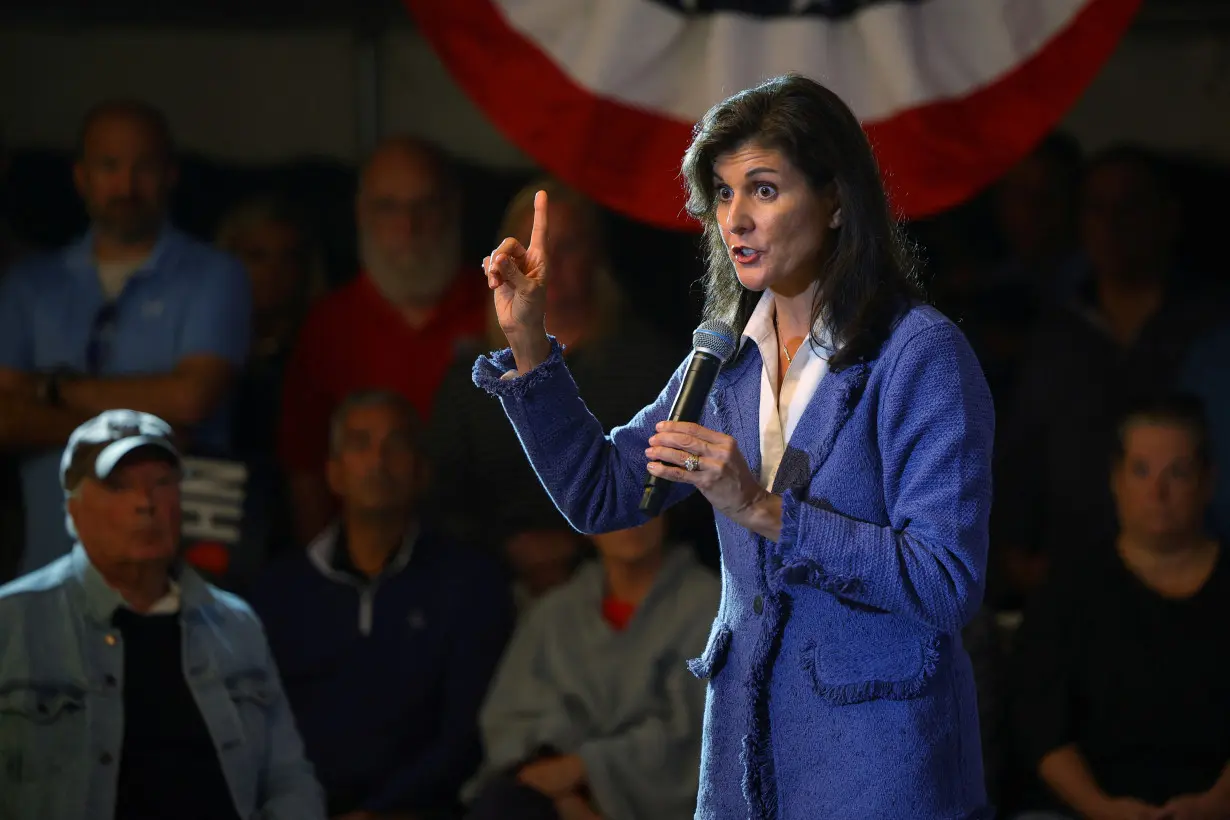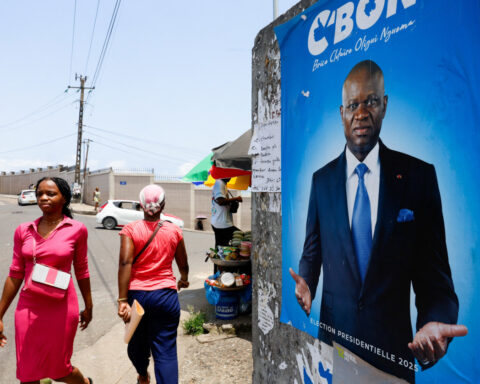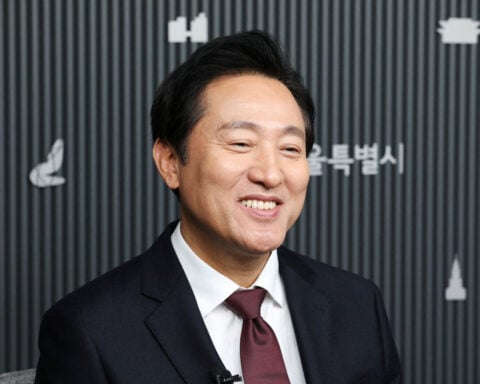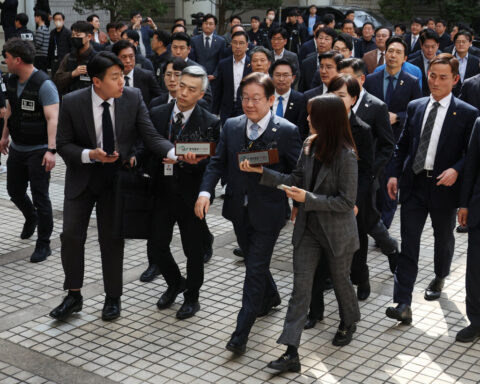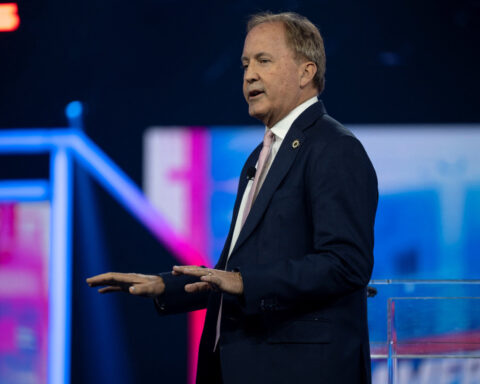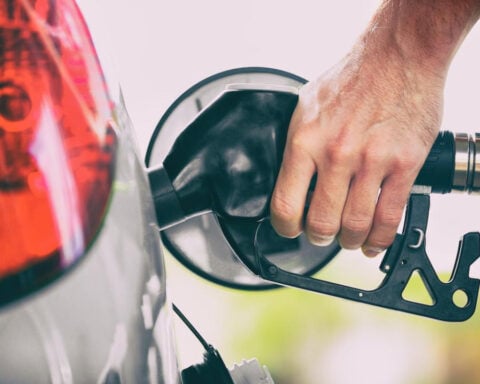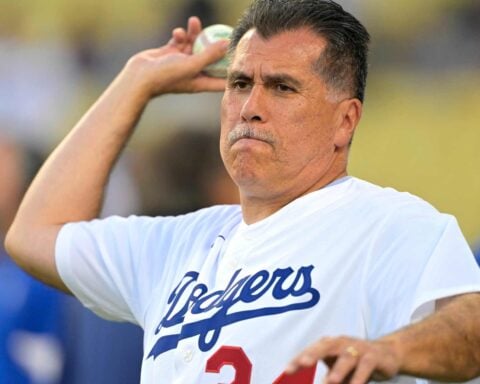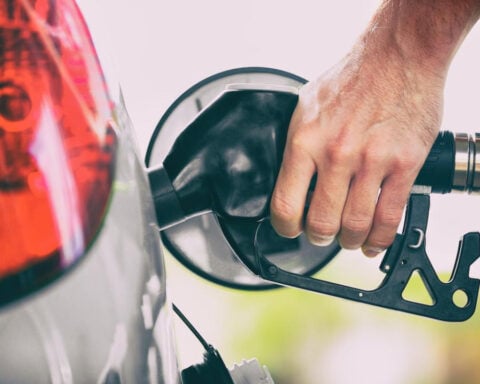Seven Republican candidates are due to take part in the second 2024 Republican presidential debate this week in California, according to the Republican National Committee. Donald Trump said he plans to skip the event and give a speech in Detroit to autoworkers.
Here are the candidates set to be on stage for the debate, which begins at 9 p.m. ET on Wednesday (0100 GMT Thursday) at the Ronald Reagan Presidential Foundation & Institute in Simi Valley, California:
RON DESANTIS
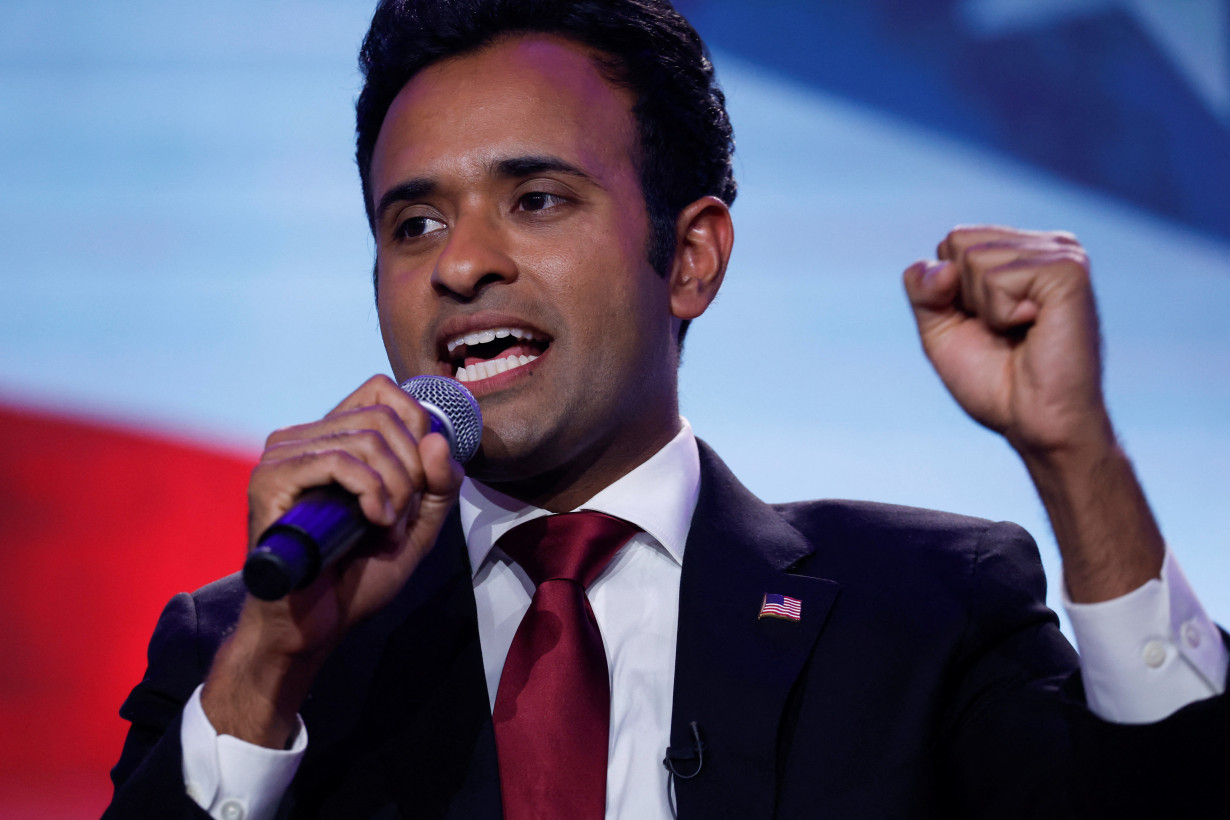
After a glitch-filled campaign launch in May on Twitter, now called X, DeSantis has positioned himself to the right of Trump on several key social issues such as abortion. But his well-funded campaign has struggled to gain traction, and his top donor has said he won't give the Florida governor more money unless DeSantis adopts a more moderate approach.
DeSantis, 45, is Trump's top rival, but remains nearly 40 percentage points behind the former president in opinion polls. He has fired staff and rebooted his campaign several times since May, but those steps have done little to boost his candidacy. DeSantis' campaign says it is focused on stopping Trump in Iowa, where the party will hold its first nominating contest in January.
MIKE PENCE
Trump's vice president has broken with his former boss over Trump supporters' Jan. 6, 2021, attack on the U.S. Capitol as Pence was inside presiding over Congress's certification of Democrat Joe Biden's 2020 victory. Pence, 64, says, "history will hold Trump accountable" for his role in the attack.
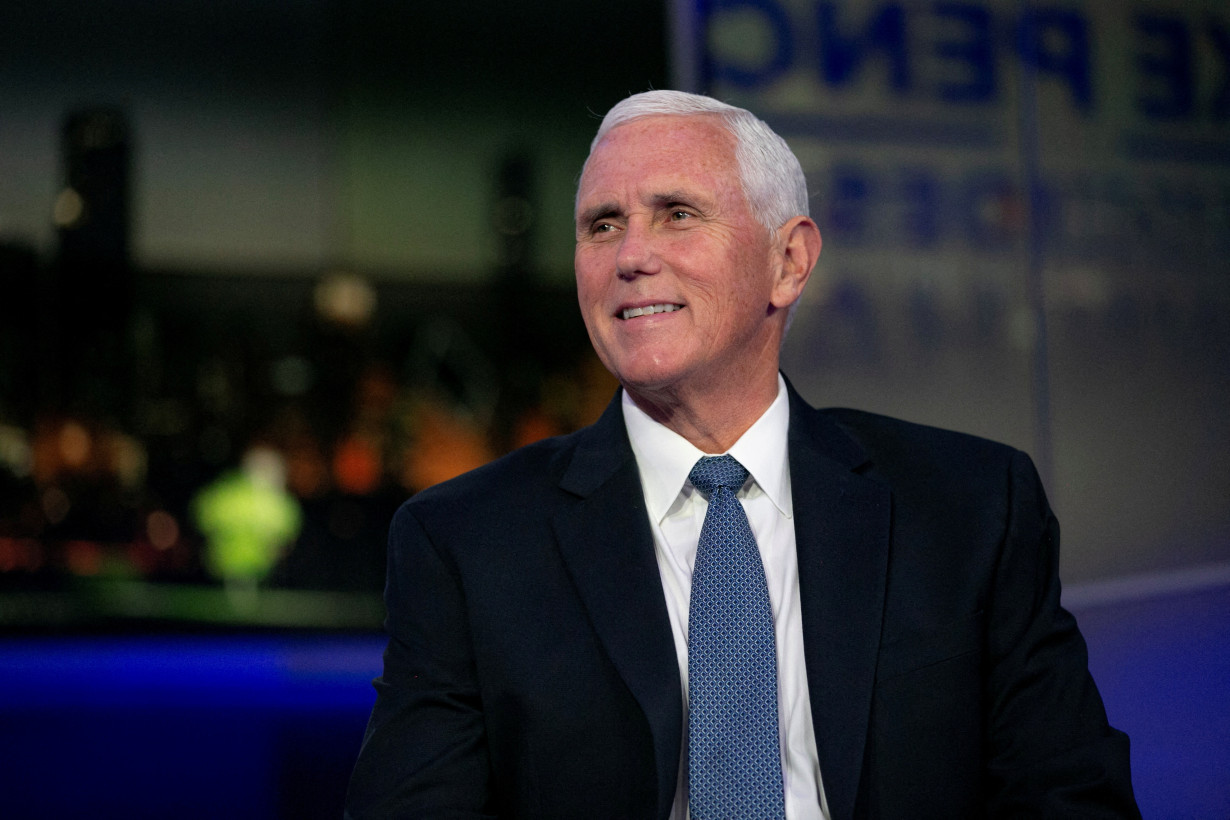
A staunch conservative, the former Indiana governor is appealing directly to the evangelical Christian community, but his campaign has struggled to raise money, and he is stuck in the low single digits in polls.
VIVEK RAMASWAMY
A former biotechnology investor and executive, Ramaswamy, 38, has pressured companies to abandon environmental, social and corporate governance, or ESG, initiatives. The political outsider has stoked grassroots chatter as a potential alternative to Trump, and had a strong performance at the first debate in Milwaukee in August. Ramaswamy is a fervent supporter of the former president, and says that if he won the White House, he would pardon Trump.
NIKKI HALEY
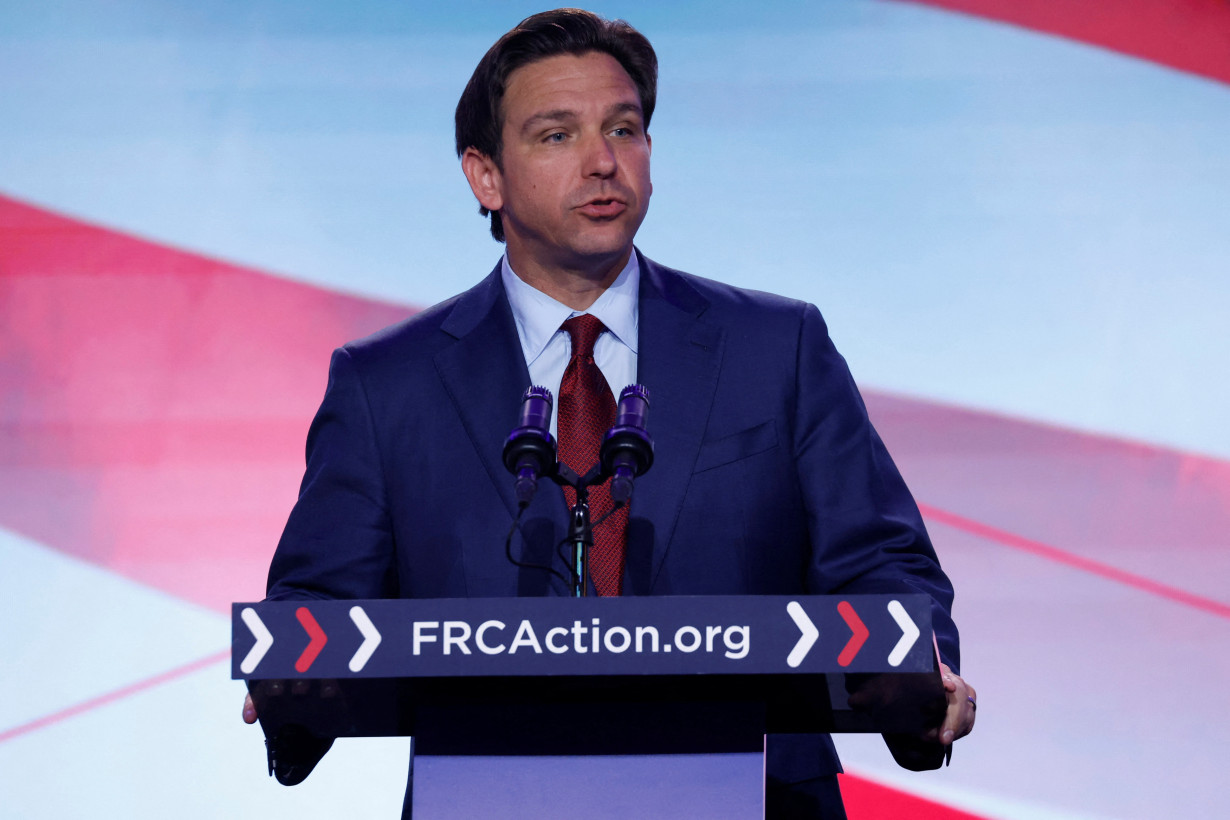
A former South Carolina governor and Trump's ambassador to the United Nations, Haley, 51, has emphasized her relative youth compared with President Biden, 80, and Trump, 77, as well as her background as the daughter of Indian immigrants.
Haley has gained a reputation in the Republican Party as a solid conservative who has the ability to address issues of gender and race in a more credible fashion than many of her peers. She has also pitched herself as a stalwart defender of American interests abroad. She has single-digit support among Republicans, according to opinion polls, although she saw a slight uptick in support after a strong first debate performance in August.
TIM SCOTT
The only Black Republican U.S. senator has low name recognition outside his home state of South Carolina, but his optimism and focus on unifying his divided party have helped him draw a contrast with a more aggressive approach from Trump and DeSantis. Scott's supporters, however, acknowledge that although his sunny demeanor is a selling point, it may not be enough to win. Scott, 58, attracted 2% support among Republicans, according to a Reuters/Ipsos poll conducted from Sept. 8-14.
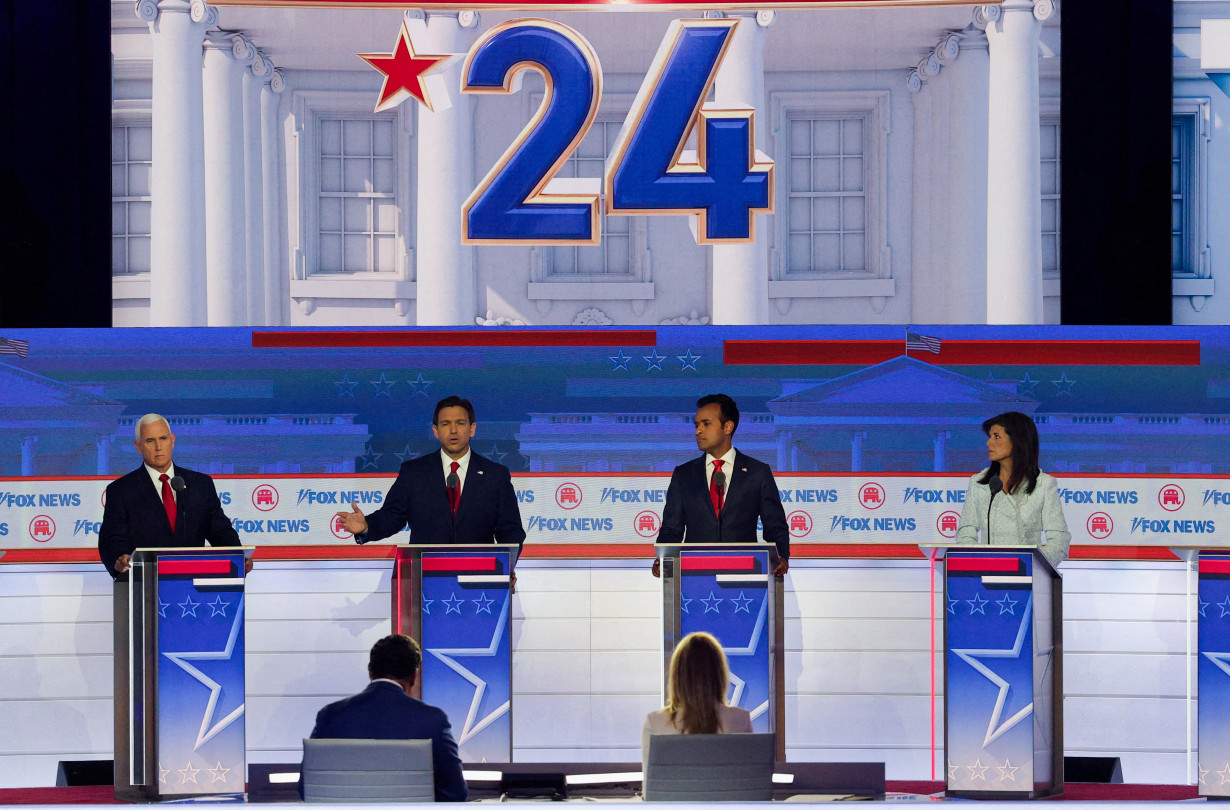
CHRIS CHRISTIE
Christie, 61, advised Trump's White House campaign, but became a vocal critic of the former president after the Jan. 6, 2021, attack. The former New Jersey governor and federal prosecutor stepped up his verbal attacks as Trump faced a growing number of criminal charges.
Christie received 2% support among Republicans in the latest Reuters/Ipsos poll.
DOUG BURGUM
Burgum, 67, is serving his second four-year term as North Dakota's governor after selling his software business to Microsoft in 2001. A proponent of low taxes and fewer regulations, he has sought to portray himself as a traditional conservative with a focus on the economy and national security. One of the least-known contenders, he gets close to no support in polls.
(Reporting by Tim Reid and Costas Pitas; Editing by Ross Colvin, Susan Heavey and Jonathan Oatis)

 Trump has begun another trade war. Here's a timeline of how we got here
Trump has begun another trade war. Here's a timeline of how we got here
 Canada's leader laments lost friendship with US in town that sheltered stranded Americans after 9/11
Canada's leader laments lost friendship with US in town that sheltered stranded Americans after 9/11
 Chinese EV giant BYD's fourth-quarter profit leaps 73%
Chinese EV giant BYD's fourth-quarter profit leaps 73%
 You're an American in another land? Prepare to talk about the why and how of Trump 2.0
You're an American in another land? Prepare to talk about the why and how of Trump 2.0
 Chalk talk: Star power, top teams and No. 5 seeds headline the women's March Madness Sweet 16
Chalk talk: Star power, top teams and No. 5 seeds headline the women's March Madness Sweet 16
 Purdue returns to Sweet 16 with 76-62 win over McNeese in March Madness
Purdue returns to Sweet 16 with 76-62 win over McNeese in March Madness
